Knee arthroplasty, It is the removal of a part of the lower bone in the worn parts of the cartilage and the placement of various materials into the joint in order to ensure the normal arrangement of the knee joint. It is a treatment used to restore the normal movements of the knee joint. The knee replacement is made of two pieces of metal and reinforced plastic.
Knee Joint
The knee joint is the most complex and largest joint in the human body in general terms. The knee joint bears the weight of the ankles, hips and body. Damage to the cartilage bones causes severe pain. Many treatments can be used to treat severe pain. It can be physiotherapy, medication and exercises that the doctor will give. If the pain still persists despite these treatments, then knee replacement treatment can be applied.
What is the Cause of Disturbance in the Knee Joint?
There are many factors in the occurrence of deterioration in the knee joint. Although genetic factors are also a factor in deterioration, environmental factors also cause deterioration. However, we can list the factors that cause deterioration in the knee joint as follows;
· Knee problems due to genetic causes,
· Age-related wear and tear
· Obesity and being overweight
· rheumatic diseases,
· physical injuries,
What Types of Prostheses Are There?
The prosthesis basically consists of 4 parts;
· Femoral component; this is where the articular surface of the femur is prepared and positioned.
· Tibial component; this prepares and positions the articular surface.
· Patellar component; placed on the surface of the patellar joint.
· Insert; It is made of polyethylene and is the most basic part.
Knee Replacement Surgery
knee replacement surgery, It provides regaining the mobility due to the deterioration of the knee cartilage in severely damaged knee joints. Knee prosthesis surgery is generally preferred in middle-aged individuals. However, it can also be applied in young patients if needed. Today, the usage period of knee prosthesis is about 30 years. In this case, if the prosthesis wears out in the following years, a re-operation may be required.
Knee prosthesis can be done in the following cases;
· Lack of treatment,
· Persistent pain and deformity in the knees,
· Experiencing pain when climbing stairs and walking more than 300 meters,
· Severe pain in the joint area
· severe calcification
Knee Prosthesis Surgery Procedure
Knee prosthesis before surgery The surgeon will perform a detailed examination. The medications used by the patient, medical history and whether a blood clot has occurred are reviewed. In addition to blood and urine tests, it is also checked whether there is an infection in the body. Knee prosthesis operation is usually performed under general anesthesia, but local anesthesia can also be applied according to the patient's preference. If it is performed under general anesthesia, the patient must fast for 8 hours before the operation. Then the prosthesis is applied correctly. Surgery usually takes 1-2 hours.
After Knee Prosthesis Surgery
After knee prosthesis surgery, the patient can take care of himself with crutches or a wheelchair. Doing the exercises recommended by the doctor regularly is good for you and accelerates the recovery period. After knee replacement surgery, the patient can walk and climb stairs without support. After the operation, the person is discharged after 4 days, depending on the situation. 6 weeks after knee prosthesis surgery, the person can continue his life without pain.
What Should Be Considered After Knee Replacement Surgery?
In order to walk unaided after the surgery, it is necessary to use a cane and a wheelchair. Afterwards, the medicines given by the doctor should be used in full. Care should be taken not to gain weight in order not to overload the knee. You should continue the physiotherapy treatment as recommended by the doctor. In order to recover quickly, you should pay attention to your diet and eat a protein-based diet.
What are the Risks of Knee Replacement Surgery?
Knee replacement surgery risks available as in any surgery. Among the risks you may experience during surgery are complications related to anesthesia. Although rare, problems such as infection and loosening of the prosthesis may occur. Late prosthesis loosening is associated with weight gain.
Who Can Have Knee Replacement Surgery?
Knee prosthesis surgery can be performed in patients over 65 years of age if medication and exercise do not help in patients with pain and deformity in their knees, and if climbing stairs and walking are also problematic in daily life. However, it would be better to discuss with the doctor whether you can have the surgery or not.

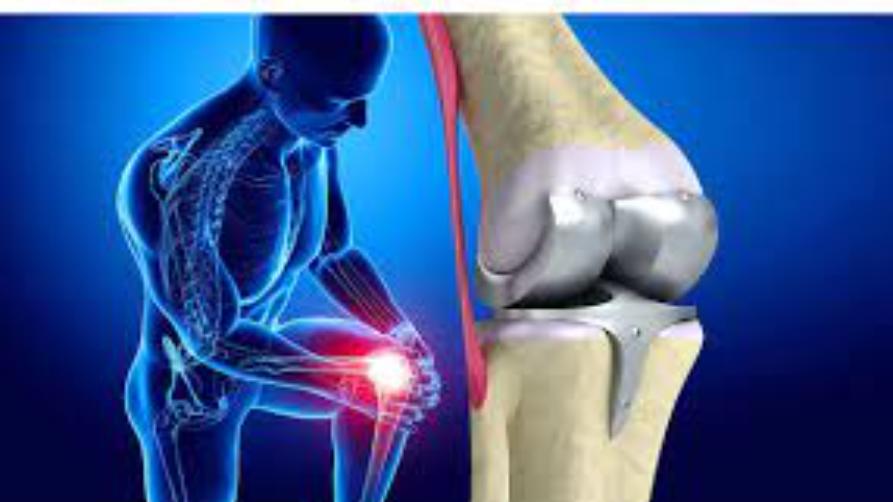

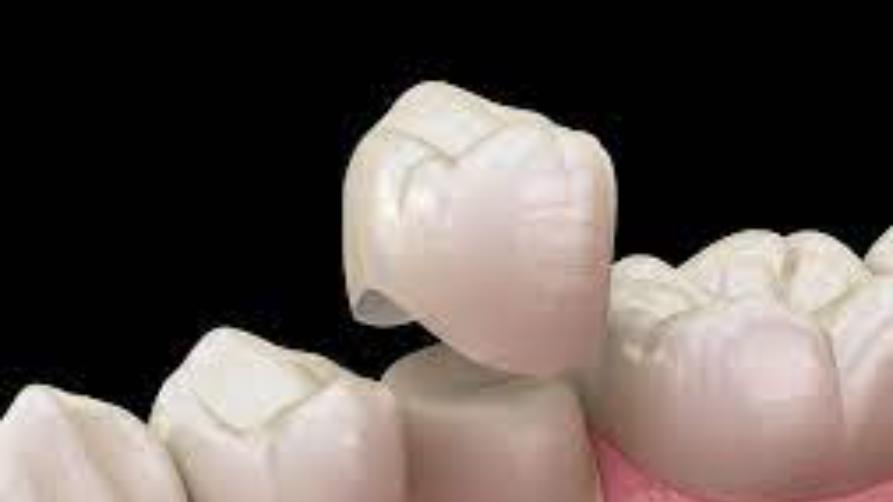



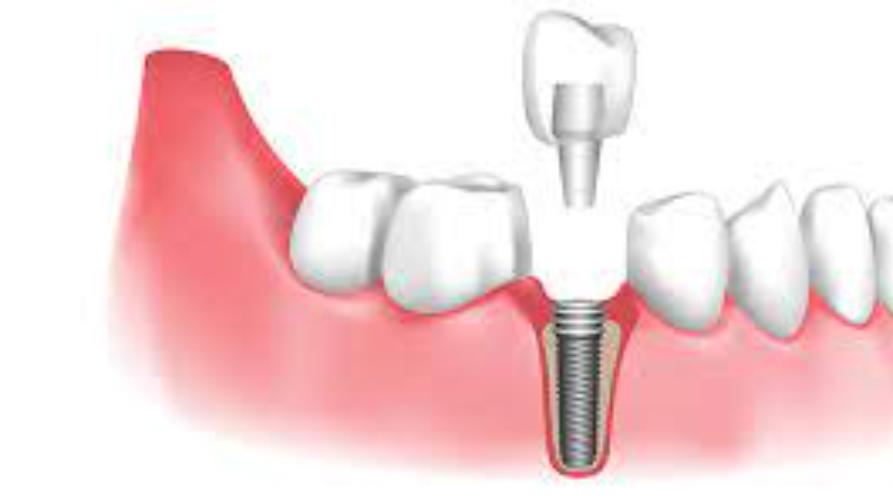
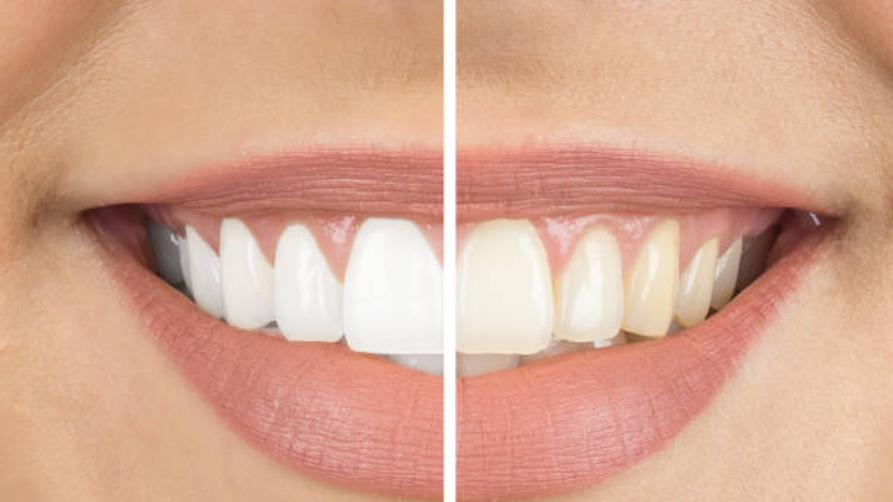

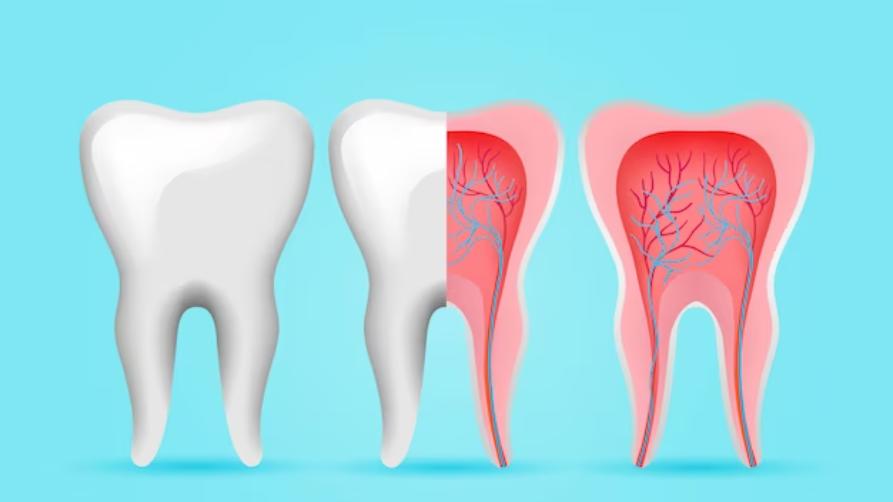

Leave a Comment